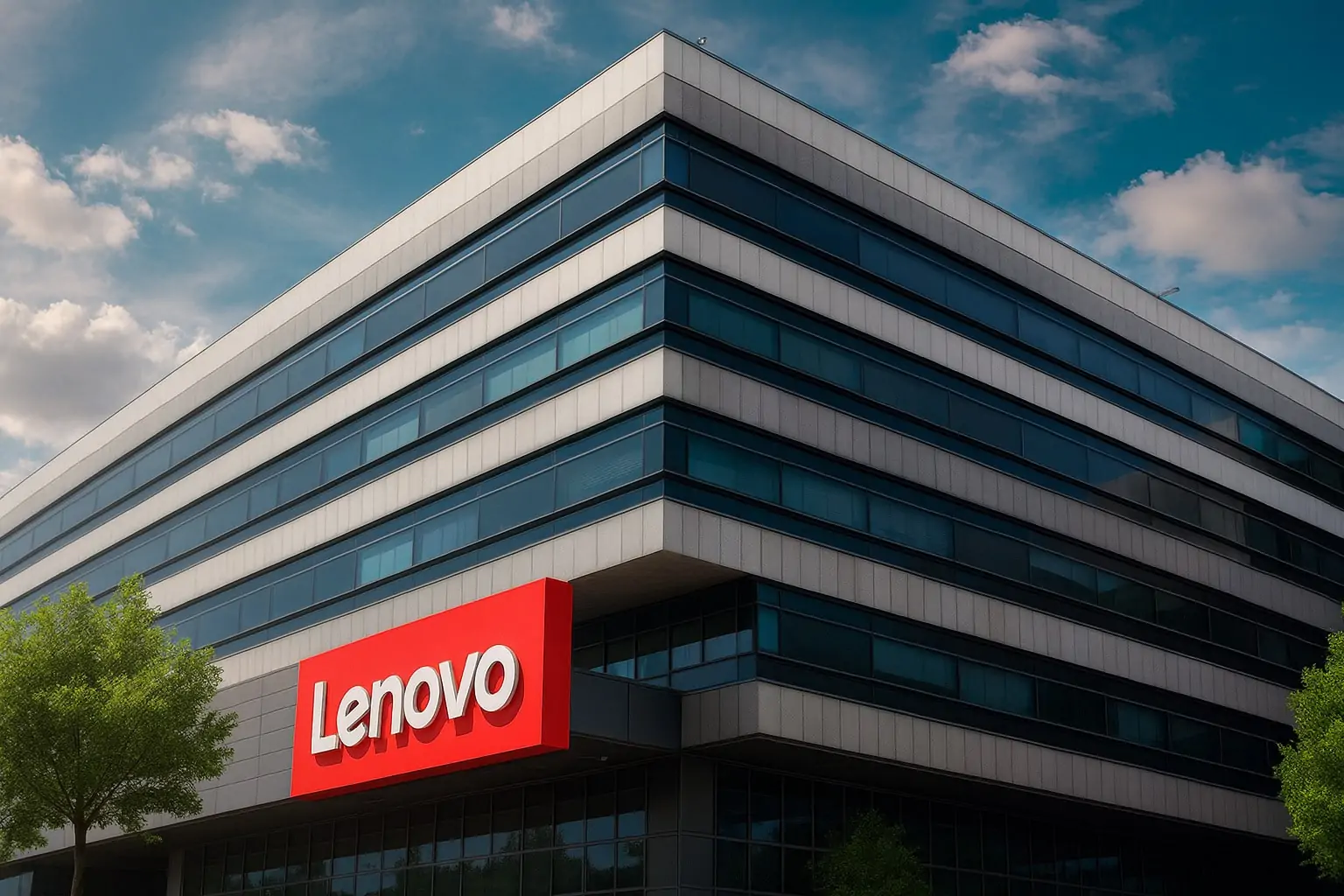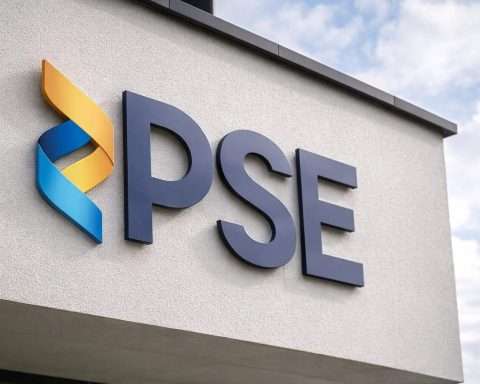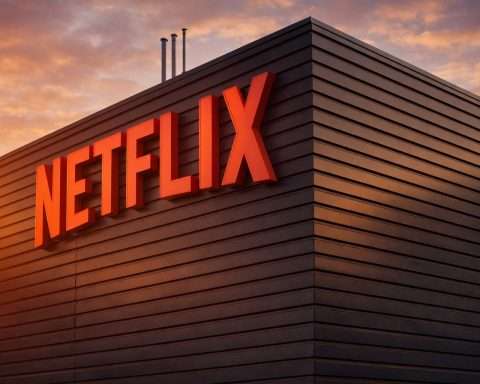Lenovo has suddenly found itself at the center of the Android‑for‑PC debate. A detailed Q&A on its website laid out both the strengths and serious limitations of Android PCs, only for the page to be quietly pulled — and later described by Lenovo as a “generic” article that doesn’t represent any concrete plans. 1
As Google and Qualcomm talk up an “incredible” Android PC experience expected to launch on consumer hardware next year, Lenovo’s messaging this week offers the clearest early glimpse of what these machines might actually be good at — and where they could fall far short of Windows laptops. 1
What actually happened with Lenovo’s Android PC support page?
Earlier in the week, Lenovo published a long knowledge‑base article titled “Exploring Android PCs: Redefining Productivity and Portability” on its US site. The page pitched “Android PCs” as an emerging category that blends the familiar Android interface with traditional PC‑style productivity on larger screens, complete with keyboard, mouse and external monitor support. 2
The article highlighted:
- Key use cases like office work, media consumption, casual gaming, education and light creative tasks (e.g. Canva and Lightroom). 2
- Strengths such as affordability, long battery life, portability, access to Google Play, cloud integration, and high customizability. 2
But what really caught the internet’s attention was a separate section bluntly titled “Drawbacks of Android PCs.” Lenovo warned of:
- Limited software compatibility with traditional desktop apps
- Performance constraints versus high‑end Windows or macOS machines
- Gaming limitations for graphically intensive titles
- Peripheral compatibility concerns
- Reliance on connectivity for many apps
- A learning curve for people used to classic desktop operating systems 2
On its own, that’s a pretty standard pros‑and‑cons explainer. The controversy started when outlets like Windows Central and Android Headlines connected it to Google’s upcoming Android PC platform, positioning the Q&A as an early OEM reality check on what Android on PCs will (and won’t) do. 3
Lenovo’s own verdict: Android PCs are capable — but clearly not full Windows replacements
Lenovo’s wording across the Q&A and knowledge‑base content paints a consistent picture of Android PCs as lightweight, mostly‑online productivity and entertainment machines, not general‑purpose powerhouses.
From Lenovo’s descriptions and the OEM‑focused Q&A surfaced by multiple outlets, a rough profile emerges:
What Android PCs are good at
According to Lenovo’s breakdown: 4
- Everyday productivity
Web browsing, email, document editing and basic spreadsheets using apps from Google Workspace or Microsoft Office on Android. - Media and communication
Streaming video, social media, messaging and video calls through Zoom, Meet, Skype and similar apps. - Education and light creative work
Note‑taking, e‑learning platforms, and lighter creative tasks like basic photo edits and simple graphics. - Energy efficiency and portability
Thin‑and‑light designs, long battery life and lower‑power chips make them ideal for students and casual users on the go.
Digital Trends notes that Lenovo sees these Android PCs as ideal for “lightweight tasks” like web browsing, document work, streaming and even some light photo or video editing, with the hardware likely based on Qualcomm’s Snapdragon X‑series platforms. 5
Where Android PCs will likely struggle
Lenovo is notably candid about the weaknesses:
- “Limited desktop features”
Android PCs won’t offer the same advanced file management, windowing and multitasking power you get from a full desktop OS like Windows 11. Power users used to complex folder hierarchies, multi‑window workflows and deep system controls may find Android restrictive. 2 - Major app compatibility gaps
Many traditional desktop applications — think legacy Windows software, pro editing tools, advanced IDEs or niche line‑of‑business apps — simply won’t exist in Android form. Even when apps are available through Google Play, Lenovo warns they may not be optimized for mouse, keyboard and large displays. 2 - High‑end gaming limitations
Android PCs will handle mobile titles and casual games, but Lenovo stresses they are “not designed for high‑performance gaming” and won’t satisfy dedicated PC gamers expecting modern AAA Windows releases. 3 - Peripheral and hardware compatibility
While many accessories should work, Lenovo explicitly flags that some printers, docks and niche USB devices may run into compatibility issues, especially where Windows‑specific drivers are involved. 2 - Learning curve for classic desktop users
Android’s app‑centric, mobile‑first interface can feel unfamiliar to people who live inside traditional desktop file explorers, start menus and system trays. 2
In Windows Central’s reading of Lenovo’s Q&A, Android PCs look perfectly suited to low‑end and older hardware, where a lighter OS can outperform bloated Windows installs — but they’re not positioned as full replacements for a modern Windows machine used for demanding multitasking, pro apps or serious gaming. 3
The latest twist (Nov 16): Lenovo pulls the page and says it’s “not about Google’s Android PCs”
The most recent development, as of this weekend, comes from 9to5Google. The site reports that Lenovo has now removed the support page that spelled out those Android PC limitations, after it was widely interpreted as a preview of Google’s upcoming Android PC platform. 1
When 9to5Google asked for clarification, Lenovo told the outlet that:
- The article was written to provide a generic look at the state of Android PCs in 2025
- It is “not indicative” of any Lenovo, Google or Microsoft plans
- It was never meant as a prediction about future products, and the company apologized for any confusion caused 1
9to5Google also notes that the now‑deleted page explicitly described “Android OS for PC” and repeated the same list of potential drawbacks: limited desktop features, app compatibility and gaming performance issues, hardware compatibility concerns and a learning curve — which is why so many assumed Lenovo was talking about Google’s own upcoming Android PC initiative. 1
The key takeaway: Lenovo is distancing itself from the idea that this Q&A is an official roadmap for Google’s Android PCs, even though the practical pros and cons it outlines will almost certainly apply to any Android‑on‑PC experience running on similar hardware.
How other coverage has framed Lenovo’s Android PC messaging
Different tech sites have put slightly different spins on Lenovo’s Q&A and knowledge‑base content:
- Windows Central focused on the warning that Android PCs will have “limited desktop features” and “major app compatibility issues” versus Windows, while arguing that the platform looks ideal for low‑end machines and Chromebooks’ territory rather than high‑end gaming or productivity rigs. 3
- Android Headlines emphasized Lenovo’s “fairly comprehensive” list of drawbacks but also highlighted the upsides, such as Android’s customizability, cloud integration, battery life and affordability — especially if devices ship with efficient Snapdragon chips. 4
- Digital Trends positioned Lenovo’s Q&A as one of the first realistic vendor‑level responses to Android PCs, concluding that the platform looks promising for casual users but raises real concerns for power users who rely on specialized software, heavy multitasking and robust peripheral support. 5
Despite Lenovo’s insistence that the article isn’t a leak of any specific Google project, all of these outlets treat the Q&A as an early blueprint of what first‑generation Android PCs will feel like.
Where Android PCs might fit between Windows laptops and Chromebooks
None of the current reporting suggests Android PCs are aiming to replace full‑fat Windows or macOS laptops. Instead, Lenovo’s own framing points toward a few obvious niches:
- Chromebook‑style, cloud‑first machines
Devices built for web apps, Android apps and cloud services, where offline‑first desktop software isn’t essential. - Secondary / travel laptops
Thin, long‑lasting machines that can handle email, docs and media on the go without lugging a heavy gaming or creator laptop. - Education and budget markets
Schools, students and families who mostly need browsers, video calls and standard Android apps, and who value cost and battery life over raw horsepower. - Developing markets and refurb hardware
As Windows Central notes, Android PCs on older or low‑powered hardware could feel faster and more efficient than Windows 11, which continues to struggle on the lowest‑end machines. 3
By contrast, the same sources — and Lenovo itself — make it clear that Android PCs are not the right tool if you:
- Depend on pro‑grade desktop apps (full Adobe suite, DaVinci Resolve, advanced IDEs, CAD, etc.)
- Play modern AAA PC games or use high‑refresh, GPU‑heavy titles
- Rely on specific Windows‑only drivers, enterprise tools or management stacks
- Expect robust local virtualization, Docker‑style workloads or other advanced developer workflows
In those cases, Windows, macOS or a full desktop Linux distro are still the safer bets for the foreseeable future.
Should you wait for an Android PC?
As of November 16, 2025, we still don’t have shipping consumer hardware running Google’s official Android PC platform, but Qualcomm and Google have both teased devices arriving sometime next year. 1
Based on Lenovo’s now‑deleted explainer and subsequent coverage, a few practical conclusions for potential buyers:
- If you’re a casual user
An Android PC could be a great fit — especially if you already live inside Android apps and Google services on your phone and tablet. Expect good battery life, lighter hardware and a familiar interface. - If you’re a student or remote worker with simple needs
You’ll probably be fine as long as your workflows are browser‑ and app‑based (Docs, Slides, Meet, Slack, Zoom, etc.). Just double‑check any must‑have software exists on Android. - If you’re a power user, creator or serious gamer
Treat Android PCs as an experiment, not your primary workstation. All evidence so far — including Lenovo’s own messaging — says they won’t replace a high‑end Windows laptop or desktop any time soon. - If you’re thinking of buying a low‑end Windows laptop right now
It may be worth watching the Android PC space closely. If Lenovo’s assessment holds, Android could deliver a smoother experience on cheap or older hardware than a bloated Windows install, but we’ll need to see real‑world devices before making final judgments. 3
For now, Lenovo’s “generic” Q&A has done something Google itself has not yet fully done in public: set realistic expectations. Android PCs are coming — and they might be excellent for many people — but they’ll arrive with clear trade‑offs that users need to understand before they trade in their Windows machines.







